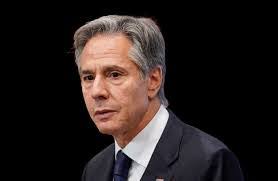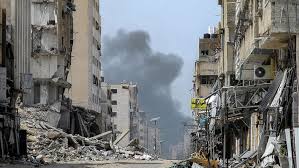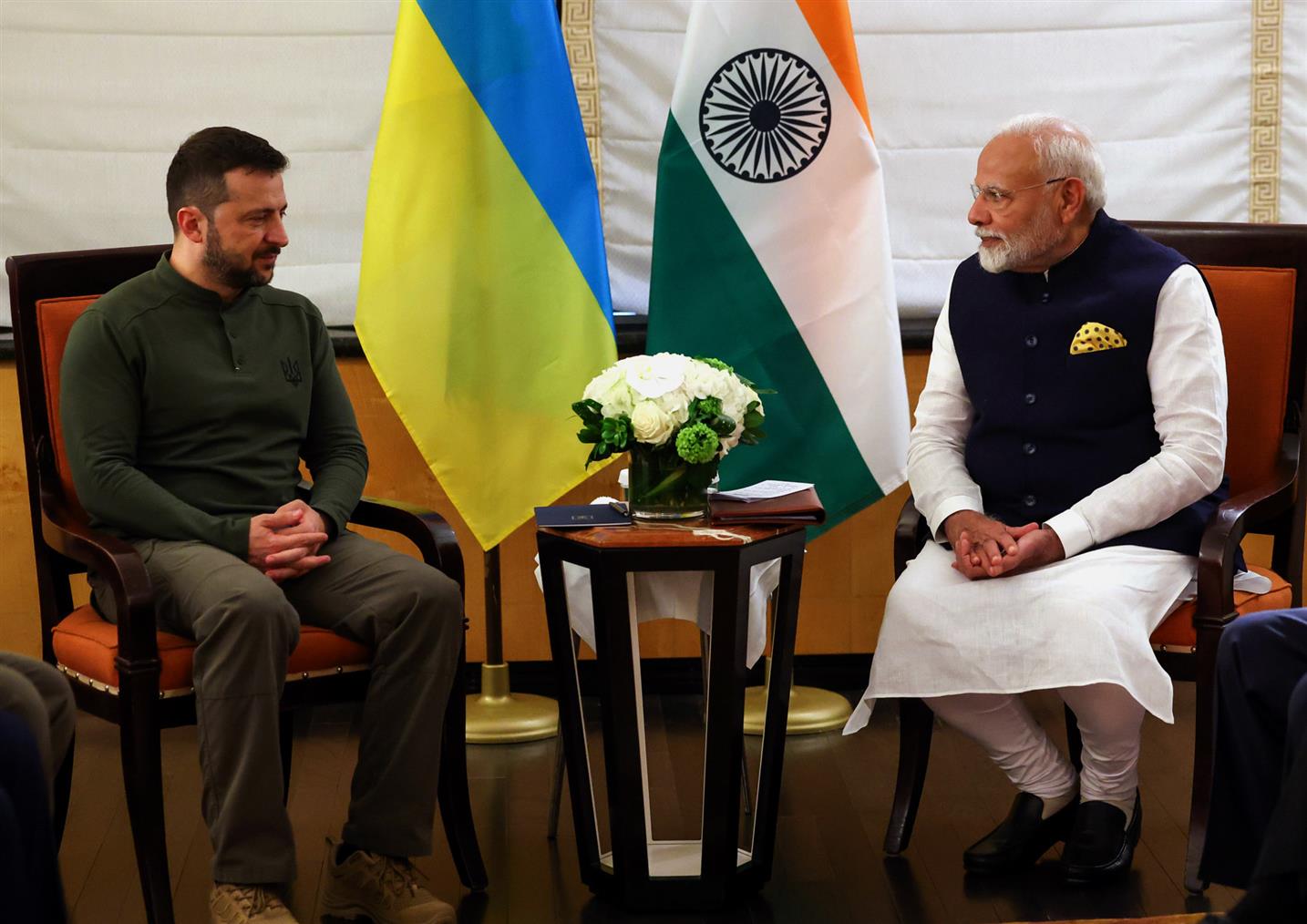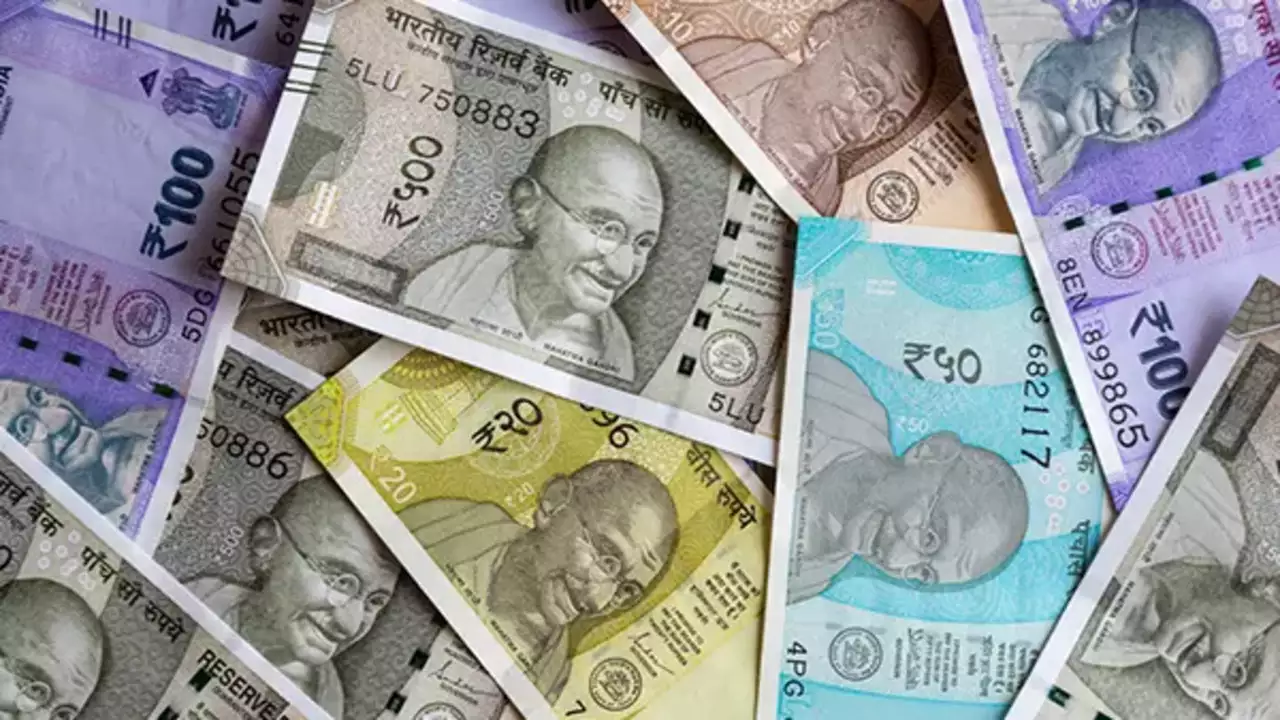IMF approves $7 billion bailout for Pakistan amid economic challenges

NEW DELHI: The International Monetary Fund (IMF) has officially approved a substantial bailout package worth $7 billion for Pakistan, a move aimed at stabilising the country’s struggling economy. This decision comes at a critical time as Pakistan grapples with soaring inflation and dwindling foreign reserves. The approval was confirmed by the IMF's Executive Board, which is set to release the first tranche of approximately $1.1 billion within a month as detailed in a report by the Press Trust of India.
Pakistan's economy has faced significant challenges over the past few years, worsened by political instability, natural disasters, and the lingering effects of the COVID-19 pandemic. Inflation rates have surged to alarming levels, with reports indicating an inflation rate of around 27 per cent in August 2024. This economic strain has led to widespread discontent among the populace, with rising costs of essential goods and services impacting daily life.
The IMF’s decision to approve this bailout is seen as a crucial step towards restoring financial stability in Pakistan. The funds will be utilised to bolster foreign reserves and support critical public services, which have been under severe pressure due to budget constraints. Furthermore, the bailout is expected to facilitate ongoing negotiations with other international creditors and investors, fostering a more conducive environment for economic recovery.
Prime Minister Shehbaz Sharif stated that this would be the last IMF program for Pakistan, crediting Deputy Prime Minister Ishaq Dar and the finance team for their efforts. The loan will carry an interest rate of approximately 5 per cent according to the report.
As part of the agreement, the IMF has outlined several conditions that Pakistan must adhere to, to, access the full extent of the bailout package. These conditions include implementing fiscal reforms aimed at increasing government revenue, reducing budget deficits, and enhancing transparency in public spending. The Pakistan government is also expected to take measures to strengthen its monetary policy framework and improve its overall economic governance.
The approval of this bailout package comes after extensive negotiations between Pakistani officials and IMF representatives, reflecting a commitment from both sides to work collaboratively toward addressing the country’s economic woes. The Pakistani Finance Minister expressed optimism regarding the approval, stating that it would pave the way for sustainable economic growth and development.
The international community has welcomed the IMF's decision, viewing it as a positive signal for Pakistan's economic future. Analysts believe that this financial support will not only help stabilise the economy but also restore investor confidence in Pakistan’s markets. The successful implementation of reforms linked to the bailout could potentially unlock further financial assistance from other multilateral institutions.
However, challenges remain on the horizon. The Pakistani government must navigate complex political dynamics while implementing necessary reforms that may not be popular among certain segments of society. Public protests against serious economic measures have already begun surfacing, signalling potential unrest as citizens react to changes that could affect their livelihoods.
Further, the IMF forced Pakistan to first bridge a USD 2 billion additional financing gap for qualifying the board approval. Pakistan had to take the most expensive commercial loan in its history at an 11 per cent interest rate from the Standard Chartered Bank to meet the financing gap. The Asian Development Bank warned on Wednesday that the rising political and institutional tensions may make it difficult to implement the reforms that Pakistan has committed to deliver to the IMF. The ADB said these reforms were crucial to ensure that external lenders keep lending to Pakistan.
Hence, the IMF's approval of a $7 billion bailout for Pakistan marks a pivotal moment in the country’s economic journey. With immediate financial relief on the way, all eyes will be on the government as it embarks on a path toward reform and recovery. The coming months will be critical in determining whether these efforts can translate into lasting economic stability and growth for the nation.









